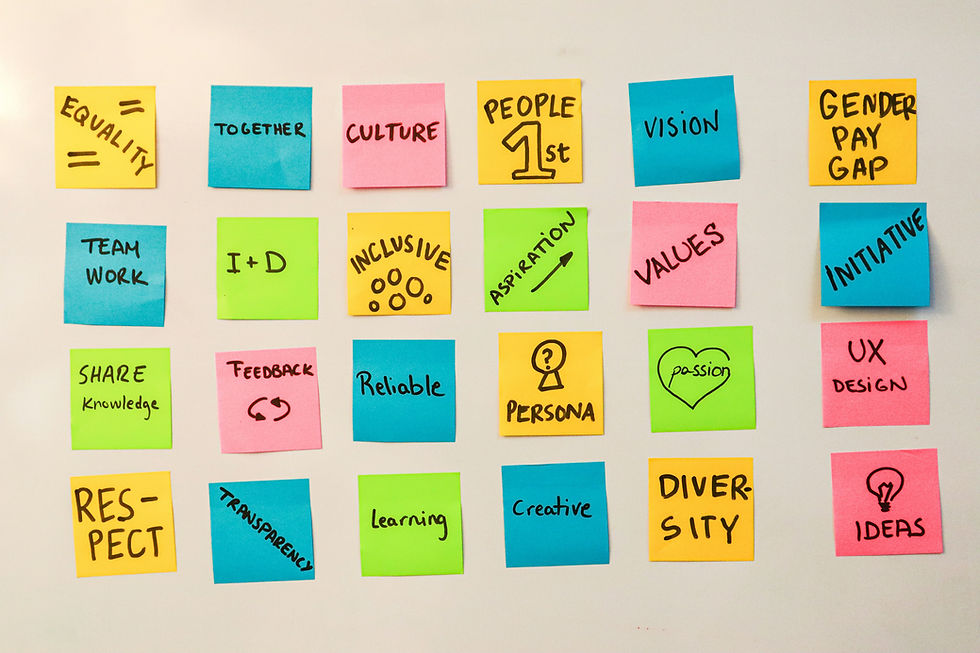Are you more Preacher, Prosecutor or Politician?
- helenjbutler
- Mar 19, 2021
- 2 min read

Photo by Darren Halstead on Unsplash
Spoiler alert: you don’t actually want to be any of these, but it’s likely that you slip into one or more of them more often than you think.
Political and social scientist Phil Tetlock identified these three roles as ones we automatically fall into when we communicate with others (and even ourselves).
In Preacher mode, we share our ideas and opinions as facts, and fail to listen to those of others.
As Prosecutor, we automatically attack any ideas that don’t fit with our own so that we always win an argument.
And as Politician, we seek the approval of others at all costs, even if we don’t necessarily believe our own spin.
Although the conclusion of stepping into these three roles is pretty much wholly negative (i.e. you have a fixed mindset, you don’t listen to other people’s perspectives and ideas and you’re likely to be wrong), they are positions that in our careers we’re often encouraged to take.
For instance, as a consultant you’re paid to know the right answer. To use your experience and expertise to be ‘all knowing’ in order to be credible and valuable. This can easily lead into adopting full on preacher mode (or politician mode if you have a tricky client!), which is good for nobody.
So what should we do when we fall into one of these roles? Adam Grant takes Tetlock’s model one step further in his book Think Again: The Power of Knowing What You Don’t Know. He seeks to find a different role that we can all adopt in order to ensure we listen to others and challenge our own beliefs and entrenched thinking, and improve outcomes for everyone.
He suggests a Scientist mindset, that searches for the truth by continually testing hypotheses with experiments, and changing thinking as new truths are uncovered.
This undoubtedly works brilliantly in some circumstances, but how can a consultant (who is expected to know all the answers) adopt this in a credible and timely way? And when often, a more human and nuanced position is needed.
Grant has also suggested (since the book was published) adopting a Scholar mindset – constantly learning and seeking new ways of looking at things and doing things.
This feels closer to the mark and something that we probably all aspire to, but perhaps the answer lies somewhere else? How about a Carer mindset? One where we continually seek to find out what’s really going on. Where we challenge our own beliefs and prejudices in search of the truth, and in search of a solution that benefits everyone.
That’s a mindset I can get behind.







Comments